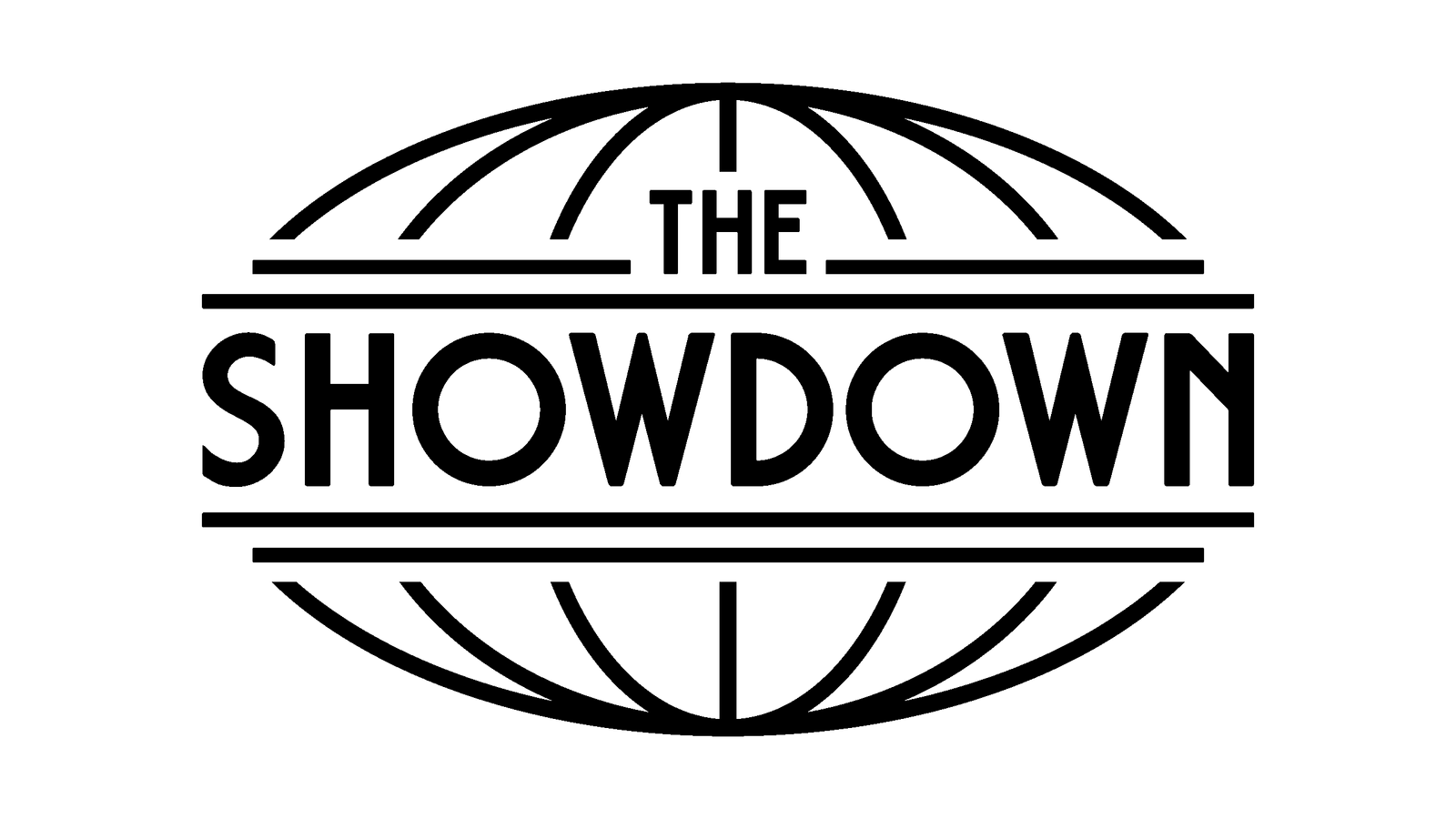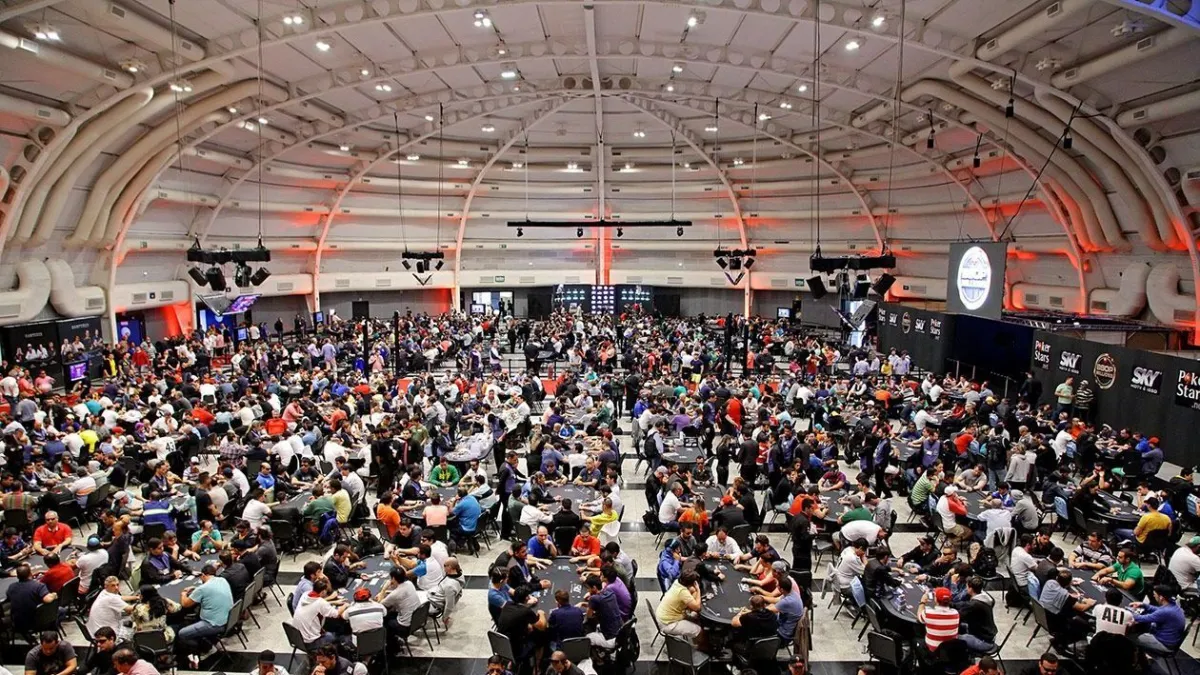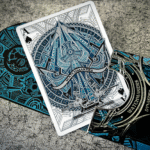Long before Wall Street, before the dollar became the global currency or Las Vegas lit up the desert, Americans were already learning about risk, reading the room, and wagering their futures — around a wooden table, with whiskey glasses and worn-out playing cards in hand.
Poker, more than a game, was an economic language.
And its history is also the history of the United States: built on expansion, bluffing, and ambition.
♦ Frontier, Fortune, and Kerosene Lamps
In the 19th century, as the nation expanded westward on railroads, makeshift towns, and gold rush dreams, poker became both a pastime and a tool.
It was played in saloons, on steamboats, in army camps and railroad cars. It was the game of men in motion — miners, soldiers, traders — all chasing that American Dream that had no name yet, but already smelled of sweat and opportunity.
In American homes of the time, poker was often a domestic ritual. In settlements without theaters or books, the deck became the center of social life. It was taught at home, passed between generations like cultural — and economic — inheritance.
♠ Poker as a Mirror of Capitalism
Poker isn’t about pure luck — it demands calculation, patience, and the courage to risk. That made it the perfect game to reflect the ethos of American capitalism.
The winning player isn’t the luckiest, but the one who reads the table best, bluffs with confidence, and knows when to fold.
This is why many economists and investors today refer to poker as an “informal business school.”
Author Nassim Nicholas Taleb, in The Black Swan (2007), noted that games of imperfect information like poker simulate real-world markets better than closed mathematical models.
♥ The Game of War and Peace
During the American Civil War, both Union and Confederate soldiers played poker in camps between battles. General Ulysses S. Grant was known for his love of the game — and his skill in reading opponents.
Decades later, President Richard Nixon claimed he financed his first political campaign with poker winnings earned while serving in the Navy during World War II.
Poker was played in trenches, embassies, and train cars.
It was more than entertainment: it was strategic training. A symbolic stage for decisions that would shape the nation.
♣ The Deck and the American Myth
Over the centuries, poker became a cultural icon. From cowboy movies to the glittering casinos of Vegas, the game embodied the American idea that anyone can win — if they know how to play.
Historian David G. Schwartz, in Roll the Bones: The History of Gambling (2006), argues that poker was essential to shaping the myth of the American “self-made man.”
Rather than relying on nobility or fate, the poker hero builds their own luck — and that, then and now, is deeply American.
Even today, with cryptocurrencies, fintechs, and algorithms, there’s something visceral and real about a poker table.
Because poker isn’t about cards. It’s about negotiating with the unknown — the same principle that guided settlers, speculators, entrepreneurs, and U.S. presidents.
Bibliographic references:
- Schwartz, David G. Roll the Bones: The History of Gambling. Gotham Books, 2006.
- Taleb, Nassim Nicholas. The Black Swan: The Impact of the Highly Improbable. Random House, 2007.
- McManus, James. Cowboys Full: The Story of Poker. Farrar, Straus and Giroux, 2009.
- Reith, Gerda. The Age of Chance: Gambling in Western Culture. Routledge, 1999.












